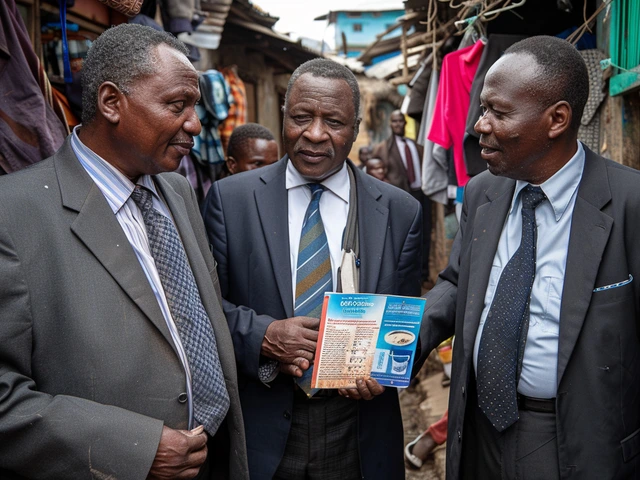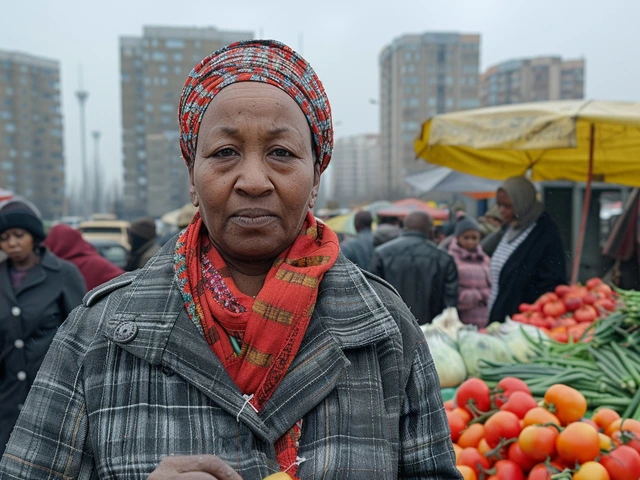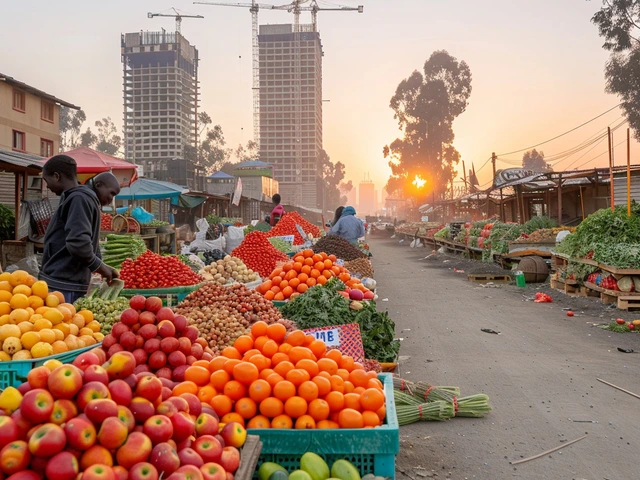Foreign Property Ownership in Ethiopia: Clear Rules and Real Opportunities
Ever thought about owning property in Ethiopia but stopped short because the rules seem complicated? You’re not alone. Ethiopia stands out in Africa for its quick development, but if you’re not a citizen, the rules for owning land and property can seem a bit confusing at first glance.
First, the basics: Ethiopian law says land belongs to "the people and the state," so private land ownership isn’t allowed. Even locals can’t own land outright. Instead, both citizens and foreigners lease land from the government—usually for decades at a time. If you’re a non-Ethiopian, you can’t directly own residential property. That said, there are ways to participate in the real estate market if you know where to look and who to ask.
Business investors have more flexibility. Foreign investors can lease land for commercial use—think office buildings, factories, or hotels—if they set up a business and register with the Ethiopian Investment Commission. There are minimum capital requirements, and usually, you need to partner with someone locally or set up an Ethiopian legal entity.
Looking to invest in an apartment or commercial building? Most expats and foreigners lease properties instead of buying them outright. Expats working for embassies, NGOs, or international businesses often arrange long-term leases, sometimes up to 99 years. The process is straightforward: pick a legitimate real estate agent (make sure they’re registered!), decide on the location, and work out your terms with your landlord or the state.
Can a foreigner just buy a house or apartment as an investment? Not directly. Ethiopian law doesn’t allow foreigners to buy private homes or apartments, but you can invest through joint ventures with Ethiopian nationals or companies. Some do this by forming a new business with a local partner, where the company holds the lease rights. Just get independent legal advice and make sure everything is registered properly—paperwork matters.
Prices vary a lot, especially in Addis Ababa or expanding cities like Mekelle and Hawassa. Foreign investors often enter large projects or join with development companies. Demand for quality office space and hotels is growing, making commercial property a viable investment path.
Thinking of just moving in and renting? Easy. If you’re relocating for work or business, rental agreements are common and landlords are used to working with expats. Just make sure you understand the currency rules—most property leases are paid in local currency (Birr), and international transfers can be tricky due to strict forex controls.
Bottom line: Owning property for foreigners means thinking creatively and sticking to official channels. If you’re serious, talk to a local real estate lawyer, chat with the Ethiopian Investment Commission, and always double-check your contracts. Done right, investing in Ethiopian property can open doors to business opportunities in one of Africa’s fastest-changing economies. But skip the shortcuts—official processes are there for a reason.





